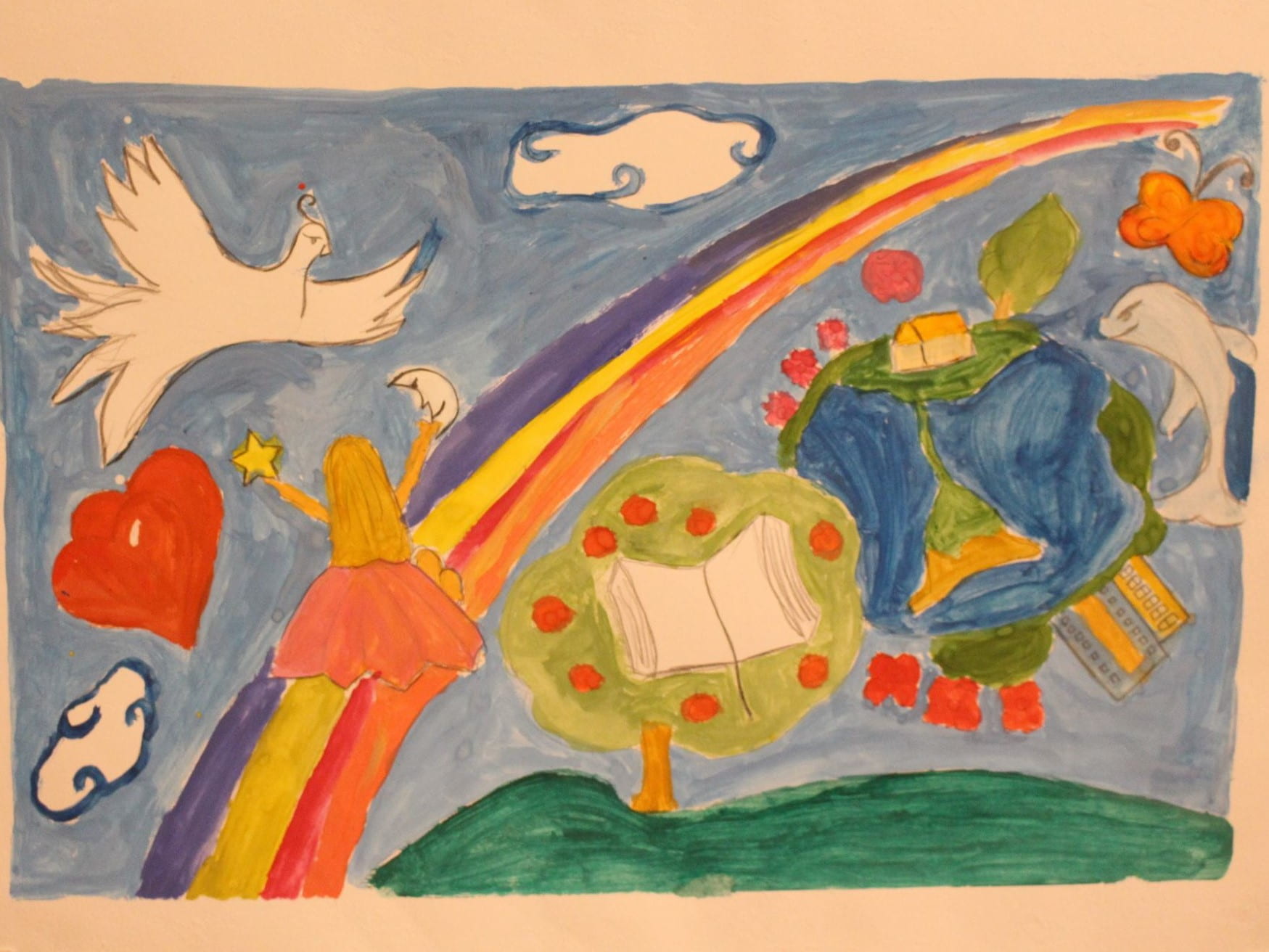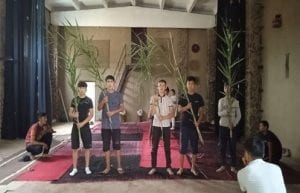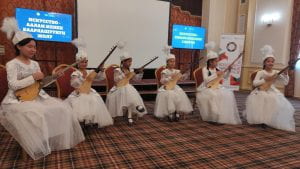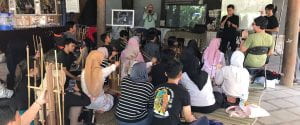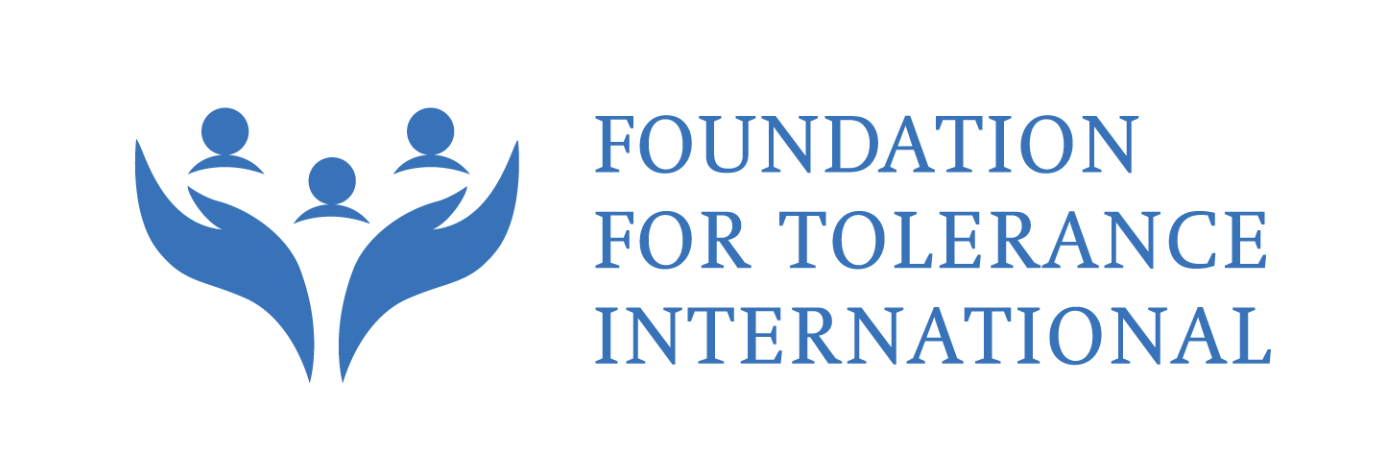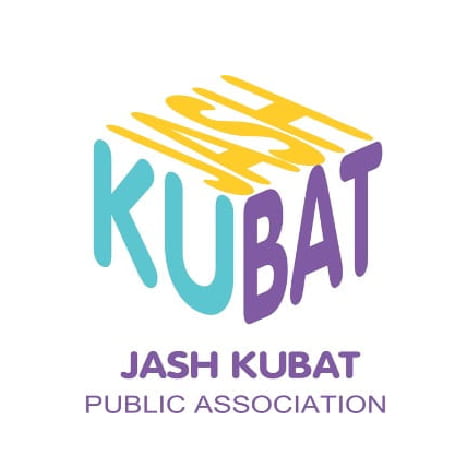Kyrgyzstan
Tackling child and gender-based violence through the performing arts …
In Kyrgyzstan we are
- using performance theatre to explore children’s and women’s rights including issues of inequality and domestic abuse, and
- supporting youth advocacy using arts-based tools to make recommendations and inform policy makers at regional and national levels
Our two projects are “The Magic of Theatre”, led by Nurlan Asanbekova (PI) Art Director of the Kyrgyz State Puppet Theatre and Jash Kubat, and “Dialogue through” Art led by Tajyka Shabdanova (PI) from the Foundation for Tolerance International (FTI). The Magic of Theatre is working through informal (out of school) spaces including an orphanage, and FTI through MAP youth clubs in secondary schools, feeding into formalised workshops at regional and national levels.
